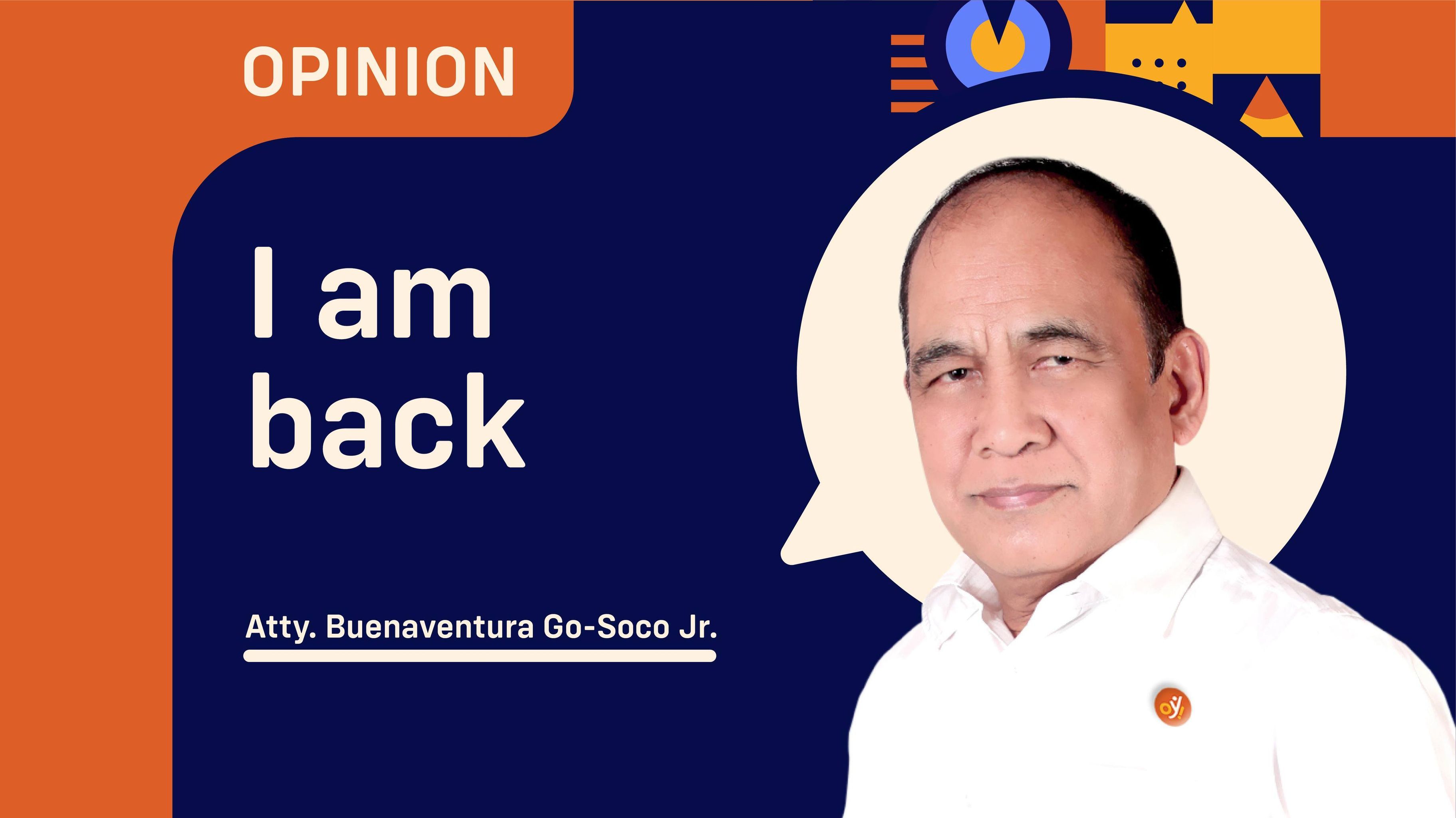When people do certain things to solve a problem, this question always remains: what are their objectives? There are many ways to classify these objectives to understand why they are being pursued.
There are objectives laid out in the open and announced in the media because people need to know that something is being done to solve the problem. And those that are hidden and discussed behind closed doors, because they may not be acceptable to most people.
There are objectives arranged in layers and in a particular sequence. Go for the short-term objectives first, then, once achieved, move on to the next one. The idea is to move forward practically, assess, and go forward some more. An incremental approach like this is a way to test the waters and determine which strategies work.
Another way to classify objectives is by their complexity, which is determined by the number of factors required to achieve them. This has an implication for the resources needed. The more complex it is, the more resources will be required, including time.
I can cite some familiar examples.
Take the case of the Independent Commission of Infrastructure (ICI). When it was clear that people wanted concrete outputs to bring the perpetrators to justice, e.g., behind bars (jailed), the Commission submitted recommendations to the Office of the Ombudsman for the filing of criminal charges against some 25 people, ranging from senators and congressmen to DPWH personnel and private contractors.
This is an accomplishment of an objective, but many were not satisfied, openly citing in interviews that their organizations were not happy with this action. Putting it bluntly: why is Congressman Ferdinand Martin Romualdez not among the people charged?
There are political connotations to this question if the persons asking are members of the political opposition.
But the same question is raised by student groups, professionals, church groups, and business organizations.
These articulate members of the population are part of the 83 percent of the population who, according to the recent OCTA survey, believe that corruption is the main problem in this country.
The single appearance of Congressman Romualdez before the Commission, behind closed doors, was a concession to these groups, but it did not work. People are still dissatisfied.
The adoption of incremental objectives is evident in social media posts, indicating that the political opposition will conduct a series of protests calling on President Ferdinand Marcos, Jr. to resign.
An example of a complex set of objectives is aspiring to run for an elective national position in 2028. The many factors that come into play do not have to be explained.
There are just too many provinces, cities, municipalities, and congressional districts all over the country. The official campaign period is only 90 days. To achieve the objective of winning, campaigning unofficially will be required. The campaign has to start now.
The opening gambit on the run-up to the 2028 elections has begun. What appears to be a loss could turn into massive gains in 2028.
The "downgrading" of Speaker Romualdez to "Congressman Romualdez" could turn out to be beneficial to him. The setup will exclude him from playing a significant role in the controversial 2026 national budget process. This will also insulate him from attacks from his political opponents, as he will be out of the limelight but possibly operating behind the scenes.
What is happening now in the flood control projects' controversy could be a gambit—loss of political power now to achieve higher goals in the future. It could be an opening gambit.
#WeTakeAStand #OpinYon #OpinYonNews #IAmBack
